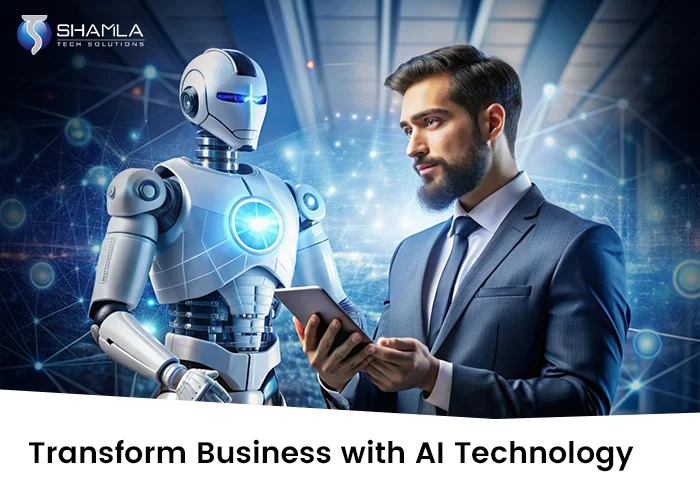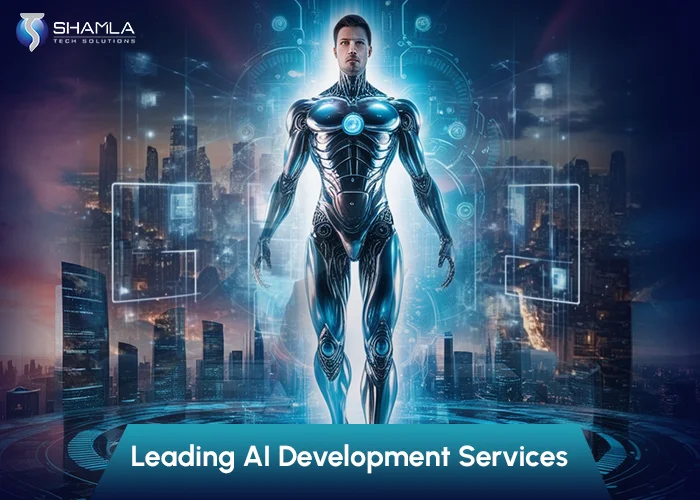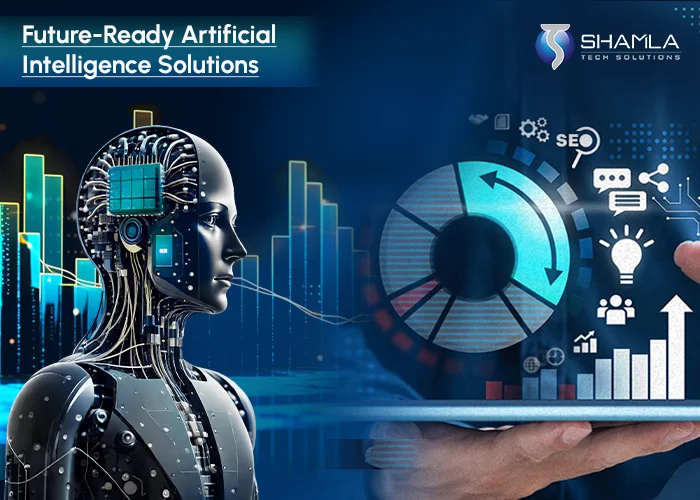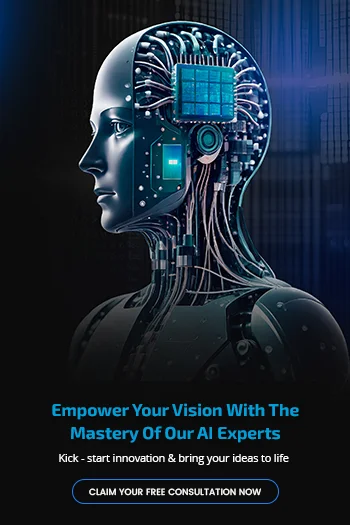Understanding the Different Types of AI Technologies
What is Artificial Intelligence?

AI Development and Its Importance
The development of AI involves creating algorithms and systems that can learn from data, adapt to new information, and make decisions. AI development has led to significant advancements in numerous fields, from healthcare and finance to transportation and entertainment. AI development services provided by specialized companies have been crucial in bringing these innovations to market, enabling businesses to leverage AI’s capabilities to gain a competitive edge.
Types of AI Technologies
1. Narrow AI (Weak AI)
2. General AI (Strong AI)
3. Superintelligent AI
Key AI Technologies
1. Machine Learning (ML)
2. Deep Learning
3. Natural Language Processing (NLP)
4. Computer Vision
5. Robotics

Artificial Intelligence (AI) has become a transformative force across various industries, revolutionizing processes and enhancing efficiency. From healthcare and finance to logistics and manufacturing, AI’s ability to analyze vast amounts of data, predict trends, and automate tasks has driven significant advancements. In the retail and e-commerce sector, AI is playing a crucial role in reshaping the shopping experience.
Ai in Retail & Ecommerce is enhancing customer interactions and streamlining operations. By leveraging AI tools for e-commerce, businesses can offer personalized customer experiences, optimize inventory management, and implement dynamic pricing strategies. AI-driven recommendation engines suggest products tailored to individual preferences, increasing customer satisfaction and boosting sales. Visual search and augmented reality (AR) enhance the online shopping experience, allowing customers to virtually try on products or visualize items in their environment. The best AI for e-commerce also aids in detecting fraudulent transactions, ensuring a secure shopping environment. Additionally, chatbots and virtual assistants provide round-the-clock customer support, further enhancing the user experience. As AI continues to evolve, its impact on the retail industry and e-commerce will only expand, driving innovation and growth in these sectors. The future of AI in retail and e-commerce holds exciting possibilities for both businesses and consumers.
The Role of AI in Business
1. Customer Service
2. Marketing and Sales
3. Finance
4. Supply Chain Management
AI optimizes supply chains by predicting demand, managing inventory, and improving logistics. This leads to cost savings and increased efficiency in the supply chain operations.
5. Human Resources
Future of Artificial Intelligence
1. Generative AI
2. Enhanced Personalization
3. Autonomous Systems
4. AI Ethics and Governance
Difference Between AI and Machine Learning
Understanding the difference between AI and machine learning is crucial for grasping the scope of these technologies. While AI is the broader concept of machines being able to carry out tasks in a “smart” way, machine learning is a specific subset of AI that focuses on the idea that machines can learn from data. Machine learning is essentially a method by which AI is achieved.

Top AI Companies and Services
Several top AI companies are leading the way in AI research and development, providing innovative solutions and services. These companies include:
1. Google AI
2. IBM Watson
3. Microsoft AI
4. OpenAI
Conclusion
Artificial intelligence is a rapidly evolving field with the potential to transform every aspect of our lives. From Narrow AI to Superintelligent AI, the different types of AI technologies offer a wide range of capabilities and applications. AI development continues to advance, driven by the efforts of top AI companies and the demand for innovative solutions.
As we look to the future, the possibilities for AI are limitless. Whether through generative AI, enhanced personalization, or autonomous systems, AI will continue to shape the way we live and work. Understanding artificial intelligence and its various technologies is essential for leveraging its full potential and navigating the exciting future of AI.
By staying informed about the latest developments in AI technology, businesses and individuals can harness the power of AI to drive innovation and achieve new heights of success. The future of artificial intelligence is bright, and its journey is just beginning.


